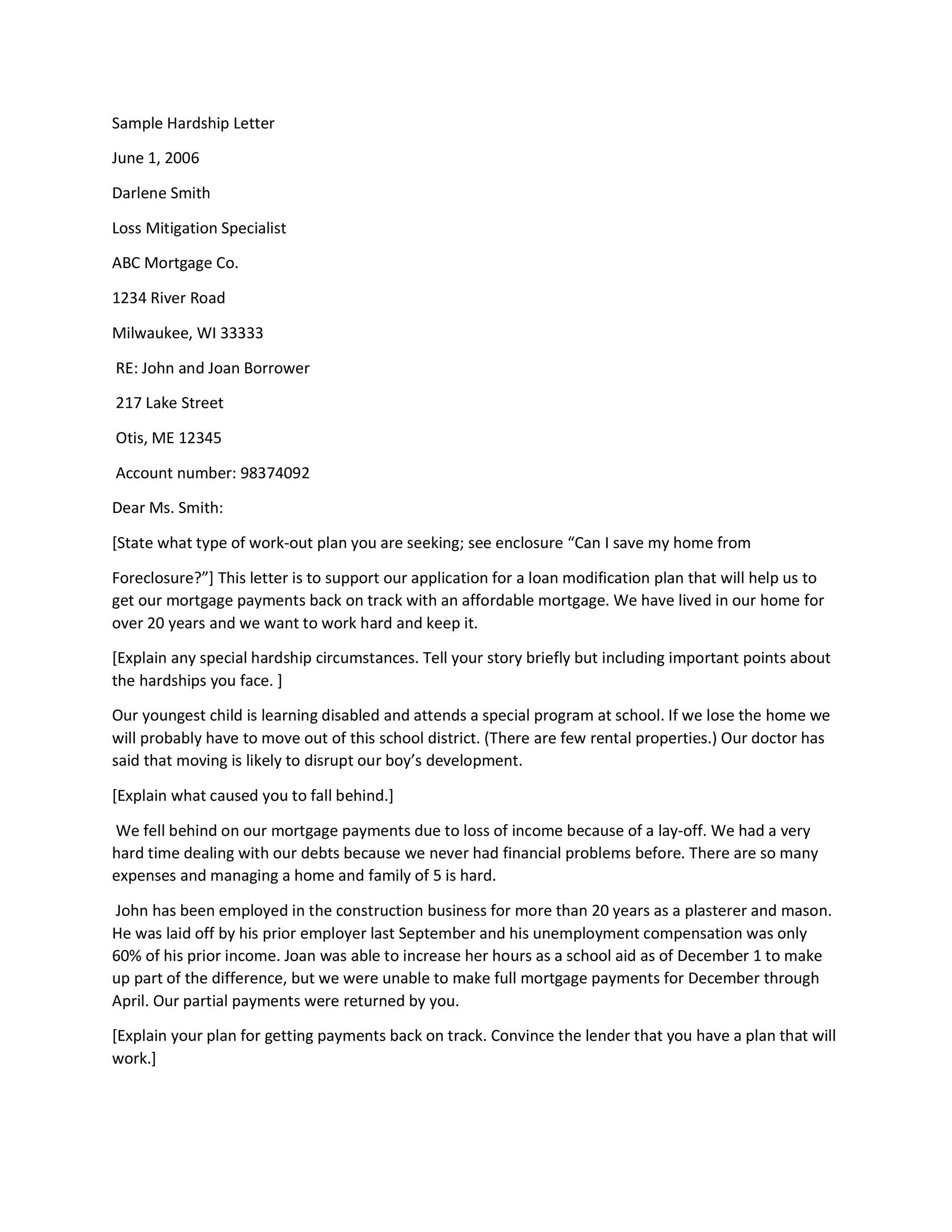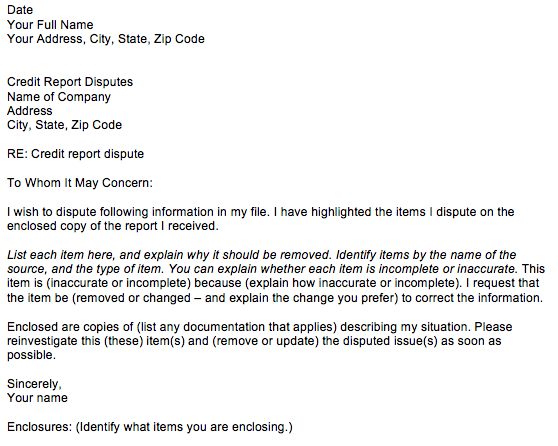How far back can an insurance company request medical records information
Home » Trend » How far back can an insurance company request medical records informationYour How far back can an insurance company request medical records images are ready. How far back can an insurance company request medical records are a topic that is being searched for and liked by netizens now. You can Find and Download the How far back can an insurance company request medical records files here. Download all free images.
If you’re looking for how far back can an insurance company request medical records pictures information connected with to the how far back can an insurance company request medical records interest, you have visit the ideal blog. Our site frequently provides you with hints for refferencing the maximum quality video and picture content, please kindly surf and find more informative video content and images that fit your interests.
How Far Back Can An Insurance Company Request Medical Records. Do you need a complete set of records? Tell the adjuster you will consider the request and will give an answer within a certain amount of time—a week or two. This can include medical records, invoices, and other materials. If they have a reason for concern, they may request records from a few years back.
 LlenCare From wellstar.org
LlenCare From wellstar.org
How far back can an insurance company request medical records? Also find out how much the doctor would charge for the report. If the insurance company takes information from the mib, they can see as far back as 7 years. These laws vary by state and often, different. Depending on your medical background, the insurance company may offer you a rated insurance policy at a higher premium. In order to avoid any risk of the reviewer claiming records should be provided at no charge, the practitioner should request, in writing, proof that the requester is a “legal acting agent” of the medical insurer and the provider agreement language that states medical records are to be released to the insurer at no charge for the purpose of retrospective reviews or audits.
The claims examiner needs the portion of the medical record that documents injury to the part of your body that was affected by the accident.
If an insurance company is paying for counseling or therapy, they can absolutely request records. It’s common for “standard” insurance company forms to authorize the adjuster to get all your medical records going back five. Although many states require only seven to 10 years, your records may be kept up to 30 years after you. For example, if you are claiming a broken rt ankle, then records relating to the rt foot/ankle are relevant, but nor unrelated conditions. They can request the entire record if they want, they can request copies of notes, they can request a summary—it runs the gamut. But without medical records, your claim will most likely be denied.
 Source: wellstar.org
Source: wellstar.org
Gp surgery, hospital or dentist. Your attorney will not allow an insurance company to have unrestricted access to your medical history, but will ensure that the insurance company gets the information that they are legally entitled to review. How far back they can look varies by state and is written into federal and state laws and state insurance commission regulations. So, if there is information you do not want them to have for some reasons, make sure you read any and all paperwork very carefully before filling it out and signing anything. If an insurance company is paying for counseling or therapy, they can absolutely request records.
 Source: ueunion.org
Source: ueunion.org
Here are four tips for surviving an insurance audit. After you get permission, call the number on the back of the member�s id card. So, if there is information you do not want them to have for some reasons, make sure you read any and all paperwork very carefully before filling it out and signing anything. When you apply for health insurance, you usually give the company providing the coverage the right to see your insurance and medical records, at least to some degree. For more information visit mib’s website.
 Source: wellstar.org
Source: wellstar.org
For example, if you are claiming a broken rt ankle, then records relating to the rt foot/ankle are relevant, but nor unrelated conditions. The hipaa designated record set includes a complete copy of your health information and any enrollment, claims processing, payment, case and medical notes. In order to avoid any risk of the reviewer claiming records should be provided at no charge, the practitioner should request, in writing, proof that the requester is a “legal acting agent” of the medical insurer and the provider agreement language that states medical records are to be released to the insurer at no charge for the purpose of retrospective reviews or audits. But without medical records, your claim will most likely be denied. Then contact your doctor and find out whether the doctor would write a report favorable to you.
 Source: wellstar.org
Source: wellstar.org
The adjuster needs to corroborate your records with the medical bills you submitted for compensation. However, in some states, doctors and medical facilities are only required to keep records for a minimum of 7 years, so they may not be able to request records back that far. When you apply for health insurance, you usually give the company providing the coverage the right to see your insurance and medical records, at least to some degree. Depending on your medical background, the insurance company may offer you a rated insurance policy at a higher premium. Healthcare providers need to (1) be ready to produce accurate and complete records, or (2) be ready to pay a lot of money back to the third party payer.
 Source: gossiboocrew.com
Source: gossiboocrew.com
Generally, medical records are kept for between five and 10 years after a patient’s latest treatment, discharge or death. Then contact your doctor and find out whether the doctor would write a report favorable to you. Thus, if you sign an authorization giving the life insurance company access to your records, they absolutely can legally request a copy or copies of your records and receive them. Healthcare providers need to (1) be ready to produce accurate and complete records, or (2) be ready to pay a lot of money back to the third party payer. Unless you have applied for life and health insurance in the past seven years, you will not have an mib record.
 Source: precisionmedicalbilling.com
Source: precisionmedicalbilling.com
You have the right to dispute the ratings, although the company can order additional medical tests or request more. Depending on your medical background, the insurance company may offer you a rated insurance policy at a higher premium. Many commercial payors will require a physician to sign a document affirming that the records provided constitute the entire medical record for that patient. The time frame should be limited, and the scope of records too. Unless you have applied for life and health insurance in the past seven years, you will not have an mib record.
 Source: phchd.com
Source: phchd.com
When it comes to personal injury cases, insurance companies typically request 10 years of medical history. But without medical records, your claim will most likely be denied. In order to avoid any risk of the reviewer claiming records should be provided at no charge, the practitioner should request, in writing, proof that the requester is a “legal acting agent” of the medical insurer and the provider agreement language that states medical records are to be released to the insurer at no charge for the purpose of retrospective reviews or audits. It’s common for “standard” insurance company forms to authorize the adjuster to get all your medical records going back five. Depending on your medical background, the insurance company may offer you a rated insurance policy at a higher premium.
 Source: pdffiller.com
Source: pdffiller.com
After you get permission, call the number on the back of the member�s id card. However, in some states, doctors and medical facilities are only required to keep records for a minimum of 7 years, so they may not be able to request records back that far. These laws vary by state and often, different. Then contact your doctor and find out whether the doctor would write a report favorable to you. They can request the entire record if they want, they can request copies of notes, they can request a summary—it runs the gamut.
 Source: simpleartifact.com
Source: simpleartifact.com
These are known as subject access requests (sars) and are outlined by the data protection act of 1998. Although many states require only seven to 10 years, your records may be kept up to 30 years after you. Generally, medical records are kept for between five and 10 years after a patient’s latest treatment, discharge or death. Healthcare providers need to (1) be ready to produce accurate and complete records, or (2) be ready to pay a lot of money back to the third party payer. The answer, in case you’re wondering, is yes, you likely should release those progress notes to the insurance company.
 Source: sewfordesign.blogspot.com
Source: sewfordesign.blogspot.com
A request for access to someone’s medical records can be made directly to the healthcare provider, i.e. Tell the adjuster you will consider the request and will give an answer within a certain amount of time—a week or two. For example, if you are claiming a broken rt ankle, then records relating to the rt foot/ankle are relevant, but nor unrelated conditions. This can include medical records, invoices, and other materials. The adjuster needs to corroborate your records with the medical bills you submitted for compensation.
 Source: wellstar.org
Source: wellstar.org
However, in some states, doctors and medical facilities are only required to keep records for a minimum of 7 years, so they may not be able to request records back that far. After you get permission, call the number on the back of the member�s id card. The adjuster needs to corroborate your records with the medical bills you submitted for compensation. The hipaa designated record set includes a complete copy of your health information and any enrollment, claims processing, payment, case and medical notes. The claims examiner needs the portion of the medical record that documents injury to the part of your body that was affected by the accident.
 Source: oshr.nc.gov
Source: oshr.nc.gov
Nobody wants to be audited, but with good preparation the process doesn’t need to be difficult. Generally, medical records are kept for between five and 10 years after a patient’s latest treatment, discharge or death. How far back they can look varies by state and is written into federal and state laws and state insurance commission regulations. How far back can an insurance company request medical records? When it comes to personal injury cases, insurance companies typically request 10 years of medical history.
 Source: goodfinancialcents.com
Source: goodfinancialcents.com
Also, i try to limit to 5 yrs pre accident,. Here are four tips for surviving an insurance audit. We believe that it is appropriate to limit the period in which an insurer can go back through medical records to five years. like ms gilbert, mr mennen had concerns over the security of. If the insurance company takes information from the mib, they can see as far back as 7 years. Also, i try to limit to 5 yrs pre accident,.
 Source: form-masshealth.pdffiller.com
Source: form-masshealth.pdffiller.com
If your application for life insurance is denied, contact the insurance agent and request the results of your medical exam. Do you need a complete set of records? The answer, in case you’re wondering, is yes, you likely should release those progress notes to the insurance company. A request for access to someone’s medical records can be made directly to the healthcare provider, i.e. Your doctor or hospital is required to keep your medical records in archive for a certain amount of time as required by your state laws.
 Source: sewfordesign.blogspot.com
Source: sewfordesign.blogspot.com
However, in some states, doctors and medical facilities are only required to keep records for a minimum of 7 years, so they may not be able to request records back that far. Although many states require only seven to 10 years, your records may be kept up to 30 years after you. Then contact your doctor and find out whether the doctor would write a report favorable to you. So, if there is information you do not want them to have for some reasons, make sure you read any and all paperwork very carefully before filling it out and signing anything. How far back can an insurance company request medical records?
 Source: electronicink.com
Source: electronicink.com
In order to avoid any risk of the reviewer claiming records should be provided at no charge, the practitioner should request, in writing, proof that the requester is a “legal acting agent” of the medical insurer and the provider agreement language that states medical records are to be released to the insurer at no charge for the purpose of retrospective reviews or audits. Your doctor or hospital is required to keep your medical records in archive for a certain amount of time as required by your state laws. Unless you have applied for life and health insurance in the past seven years, you will not have an mib record. If an insurance company is paying for counseling or therapy, they can absolutely request records. The adjuster needs to corroborate your records with the medical bills you submitted for compensation.
 Source: wellstar.org
Source: wellstar.org
When it comes to personal injury cases, insurance companies typically request 10 years of medical history. If they have a reason for concern, they may request records from a few years back. After you get permission, call the number on the back of the member�s id card. For example, if you are claiming a broken rt ankle, then records relating to the rt foot/ankle are relevant, but nor unrelated conditions. Also find out how much the doctor would charge for the report.
 Source: wellstar.org
Source: wellstar.org
Usually, you will need to include a copy of the complete medical record. Here are four tips for surviving an insurance audit. When you apply for health insurance, you usually give the company providing the coverage the right to see your insurance and medical records, at least to some degree. These are known as subject access requests (sars) and are outlined by the data protection act of 1998. We believe that it is appropriate to limit the period in which an insurer can go back through medical records to five years. like ms gilbert, mr mennen had concerns over the security of.
This site is an open community for users to do sharing their favorite wallpapers on the internet, all images or pictures in this website are for personal wallpaper use only, it is stricly prohibited to use this wallpaper for commercial purposes, if you are the author and find this image is shared without your permission, please kindly raise a DMCA report to Us.
If you find this site convienient, please support us by sharing this posts to your favorite social media accounts like Facebook, Instagram and so on or you can also bookmark this blog page with the title how far back can an insurance company request medical records by using Ctrl + D for devices a laptop with a Windows operating system or Command + D for laptops with an Apple operating system. If you use a smartphone, you can also use the drawer menu of the browser you are using. Whether it’s a Windows, Mac, iOS or Android operating system, you will still be able to bookmark this website.
